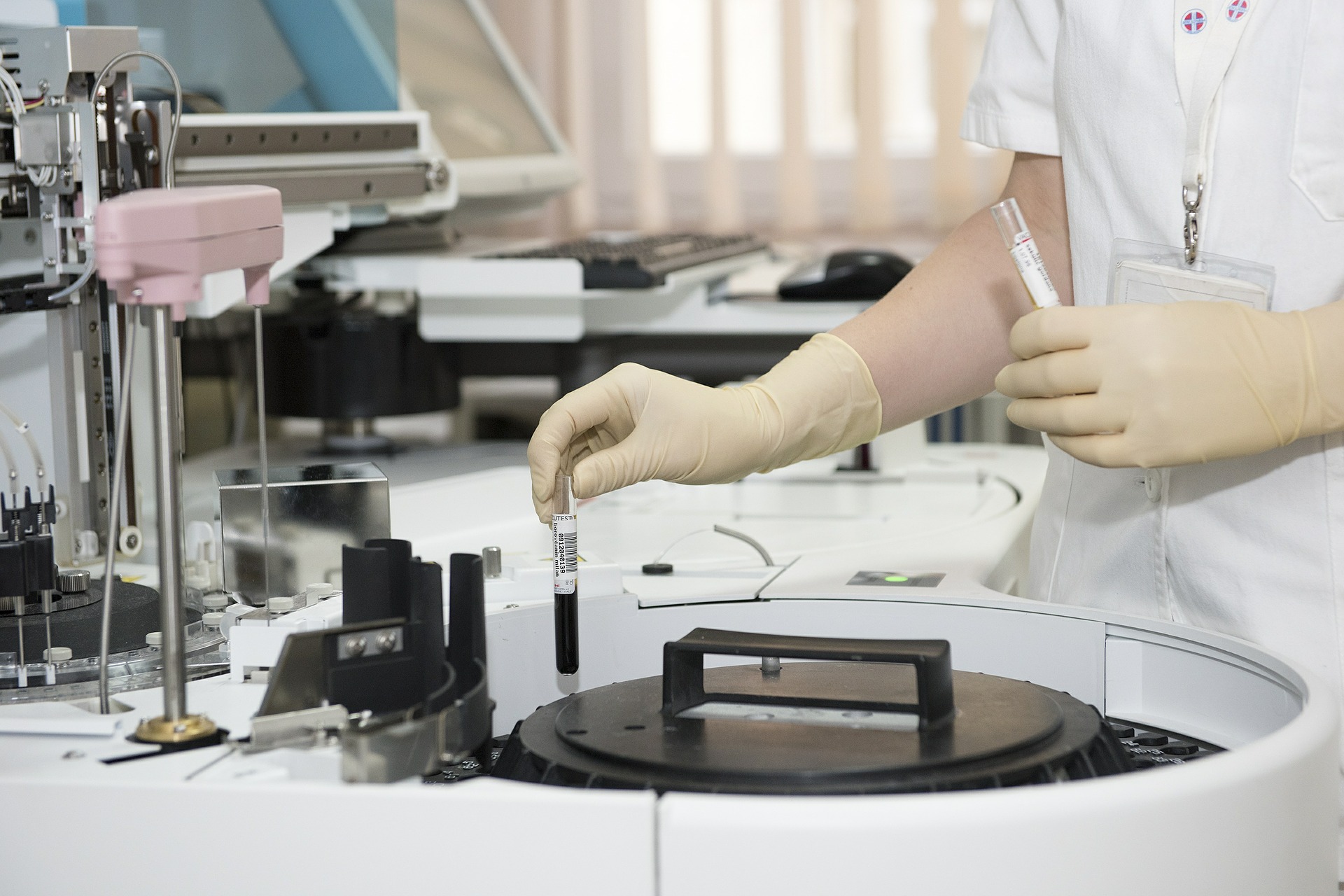Aggregated News

It’s been two months since Chinese scientist He Jiankui shocked the world with the announcement that his lab had created the first genetically edited babies. Since then, much of the public furor surrounding the news has died down, even as He has been fired by the Southern University of Science and Technology. There is one important takeaway from the controversy that seems to have gone overlooked in the CRISPR ethics discussion: defining the ethics of editing human life should not be left to scientists alone.
The research community widely agreed that He and his colleagues crossed an ethical line with the first inheritable genetic modification of human beings. Gene-editing experts as well as bioethicists described the transgression as being conducted by a “rogue” individual. But when leading voices such as NIH Director Francis Collins assert that He’s work “represents a deeply disturbing willingness by Dr. He and his team to flout international ethical norms,” what are they actually expressing concern about? Who determines what are the ethics of altering human life?
We believe that the alarm being sounded by the...



